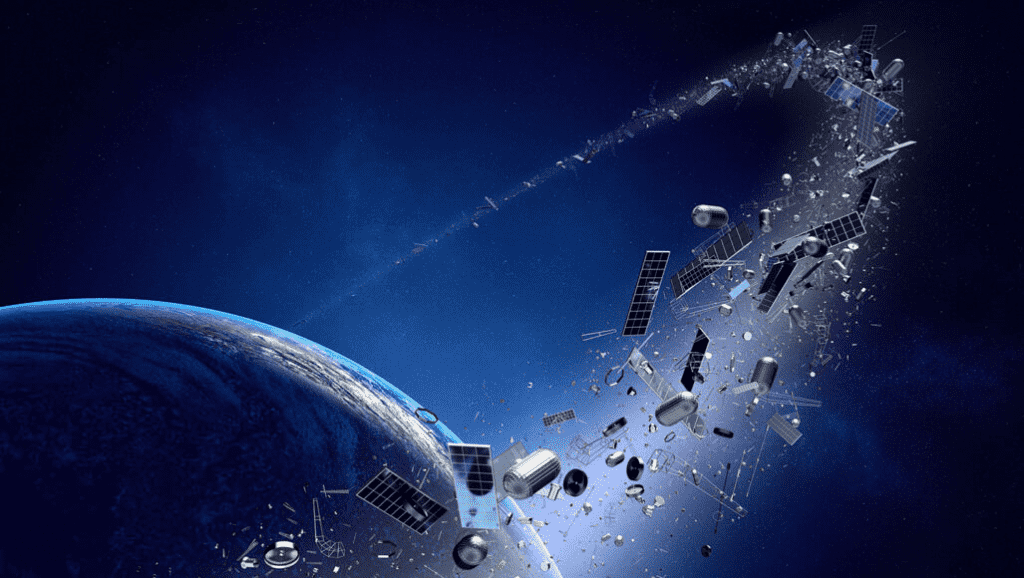Researchers at the University of British Columbia conducted research in which it was revealed that space debris could pose a threat to human lives within the next ten years. The probability of this occurrence is 1 in 10 if the entrance of the rocket into the earth’s atmosphere escalates the debris to an area of 10 meters square. Moreover, the most vulnerable regions to this space debris are the people living at the latitudes of Jakarta, Dhaka, and Lagos as compared to New York, Beijing, and Moscow. These regions are three times riskier than others.

Similarly, parts from the rockets, such as the boosters, have the likelihood of either falling back into the earth’s atmosphere or starting to revolve into the Earth’s orbit up in space. But according to the observed phenomenon, these parts fall back to Earth in an unrestrained manner and can land anywhere on Earth, hence affecting human lives. To date, these parts can enter the Earth’s atmosphere without any control system, but according to scientists, this is a pressing concern and needs to be controlled in one way or the other.

Therefore, experts claim that the technology for the “guided re-entry” system can be built and is already existing, but due to the costs involved, the collaboration of different countries is needed so that the project can be started. They further stated that multilateral agreements are required to control the re-entry of rockets and their associated parts into the Earth’s atmosphere so that these unnecessary risks can be avoided.
According to the research team, “Recent improvements in technology and mission design make most of these uncontrolled re-entries unnecessary, but launching states and companies are reluctant to take on the increased costs involved. Those national governments whose populations are being put at risk should demand that major spacefaring states act together to mandate controlled rocket re-entries, create meaningful consequences for non-compliance, and thus eliminate the risks for everyone.”

It is worth noting that about 13,100 satellites have been discharged into space since 1957 and the total weight acquired by all the space material is about 9900 tonnes. These statistics are according to the European Space Agency. Moreover, by issuing this controlled system of rocket re-entries, environmental sustainability can also be reassured. As Minister George Freeman said, “The days of putting up whatever they want have got to be over.”


